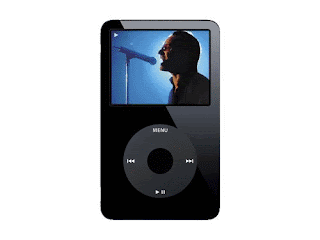The music industry or music business sells compositions, recordings and performances of music, such as my piece.
Among the many individuals and organizations that operate within the industry are the musicians who compose and perform the music;
- the companies and professionals who create and sell recorded music (e.g., music publishers, producers, studios, engineers, record labels, retail and online music stores, performance rights organisations)
- those that present live music performances (booking agents, promoters, music venues, road crew)
- professionals who assist musicians with their careers (talent managers, business managers, entertainment lawyers)
- those who broadcast music (satellite and broadcast radio)
- journalists
- educators
- musical instrument manufacturers etc
Four "major corporate labels" dominate recorded music:
- Universal Music Group
- Sony Music Entertainment
- Warner Music Group
- EMI
"In the 21st century, consumers spent less money on recorded music than they had in 1990s, in all formats."
A successful artist functions in the market as a brand and, as such, may derive income from many other streams, such as merchandise or internet-based services. These are typically overseen by the artist's manager and take the form of relationships between the artist and companies that specialise in these products.
Music Video Industry:
"The Music Video Industry represents a combination of film and video as an art form and film and video as a marketing tool. Whether a large scale, big budget production, or an independently produced piece, a music video advertises the talents of both filmmakers and musicians."
(Budgets for music videos range from homemade videos which cost a fe hundred quid all the way to the most expensive video ever made "Scream" by Michael and Janet Jackson which cost 7 million dollars. Average video cost is about £500,000 to £1,000,000.)
DVDs of music videos sell in 2 different forms in retail outlets.
The first is in a video compilation by either the label, or by the director or the artist. Spike Jonze, Michel Gondry and Chris Cunningham are all directors who have successfully sold their work in the dvd format.
Internet sales of music videos is a relatively new channel that has come to profitability with the popularity of broadband in the home and the invention of the video iPod. iTunes sells videos, which they used to offer for free, now for your home computer and iPod.

the Internet has become a powerful tool for both the filmmakers and the musicians to market their videos. Many smaller bands are able to make videos due to the accessibility of digital cameras and editing software, and can thus put these pieces on their websites or forums such as My Space. Bands can also send these videos the labels in hopes of getting a contract. The internet is also a valuable tool for aspiring music video makers, as there are countless resources available with tips for every aspect of the video-making process.
The music video industry has undergone many changes in the past decade or so, as video-making has become more accessible and less expensive and the market landscape has evolved. More video channels have emerged with the expansion of cable programming. However, the two most well known channels, MTV and VH1, play less videos and rather focus on dramatic and reality television.
No comments:
Post a Comment